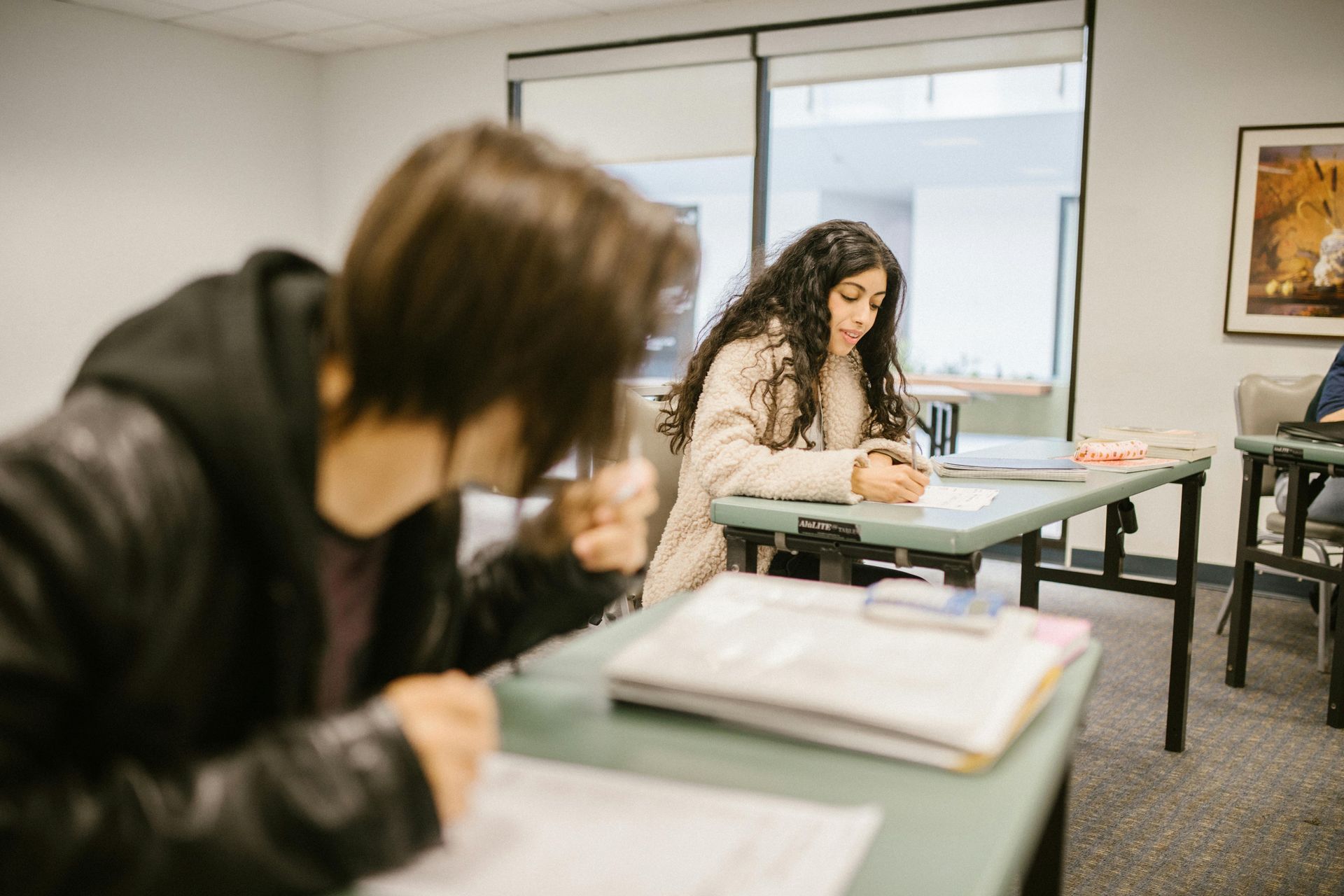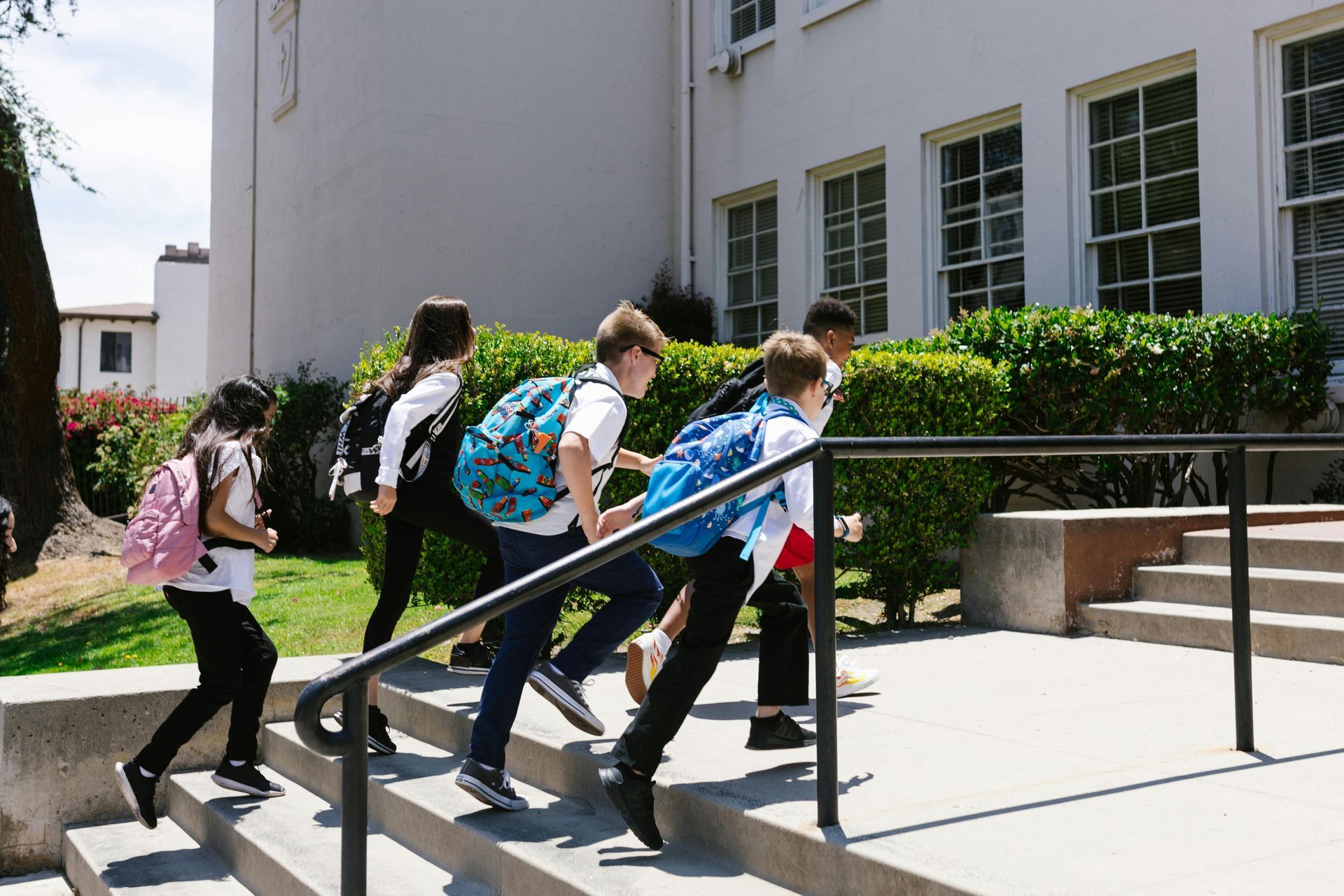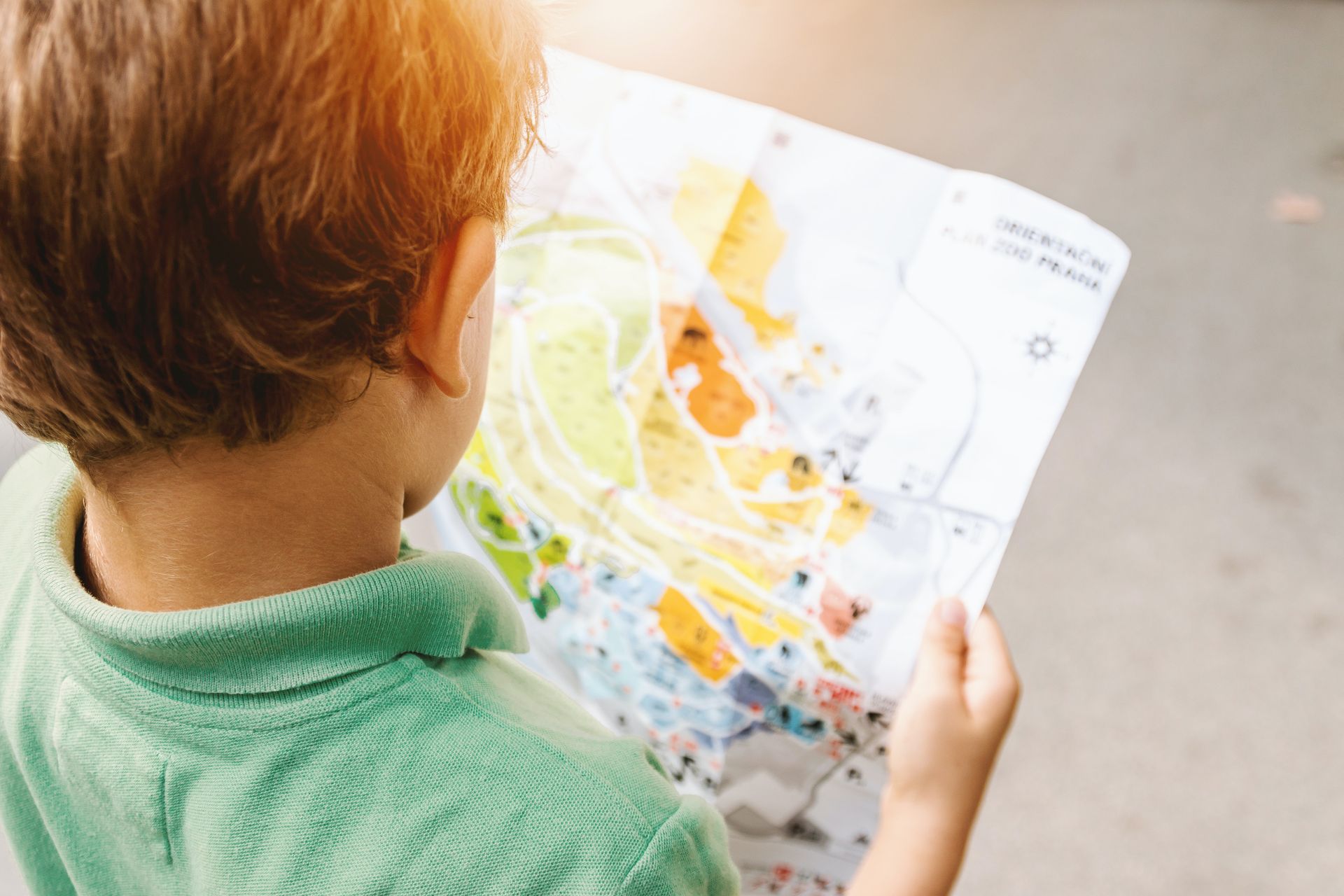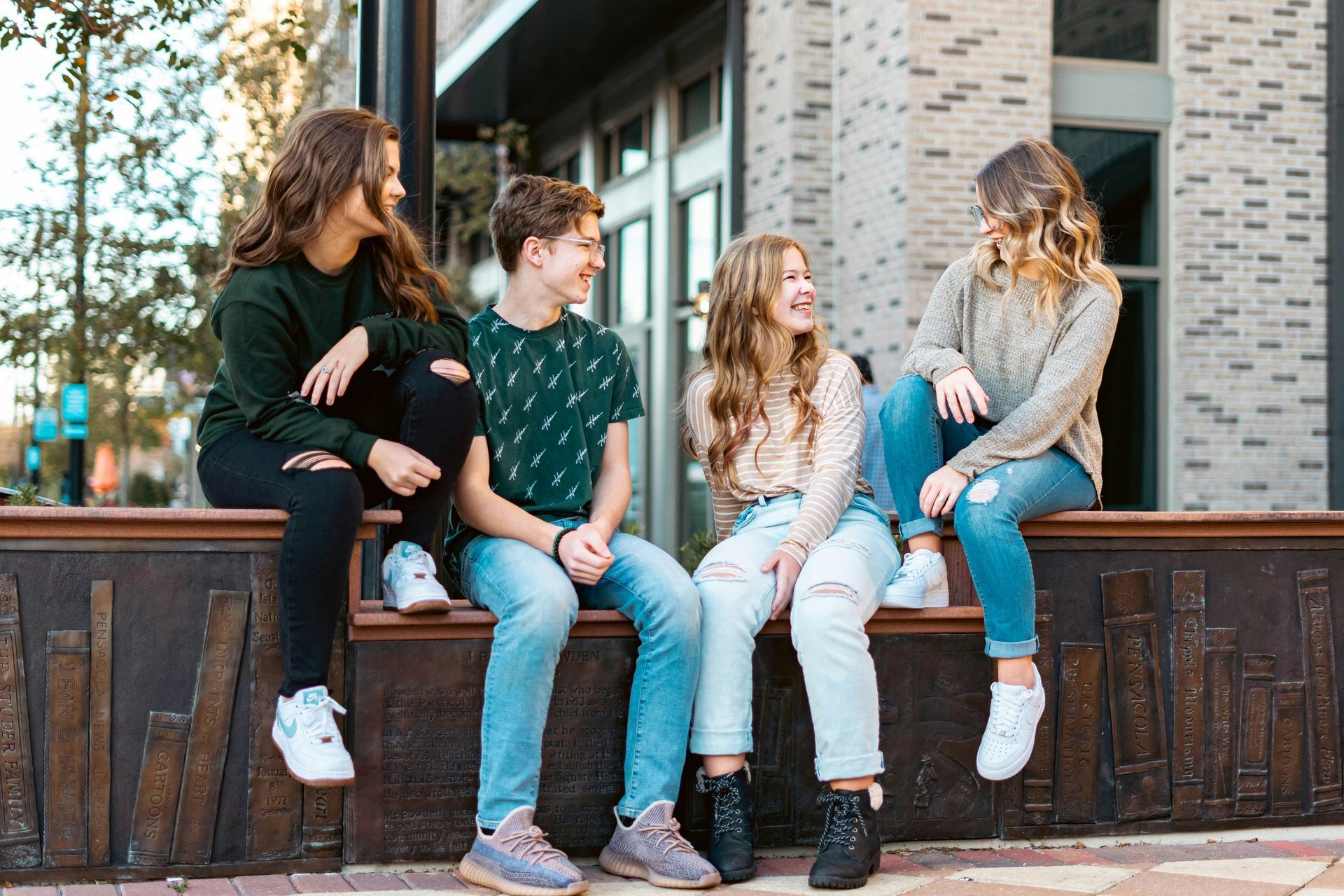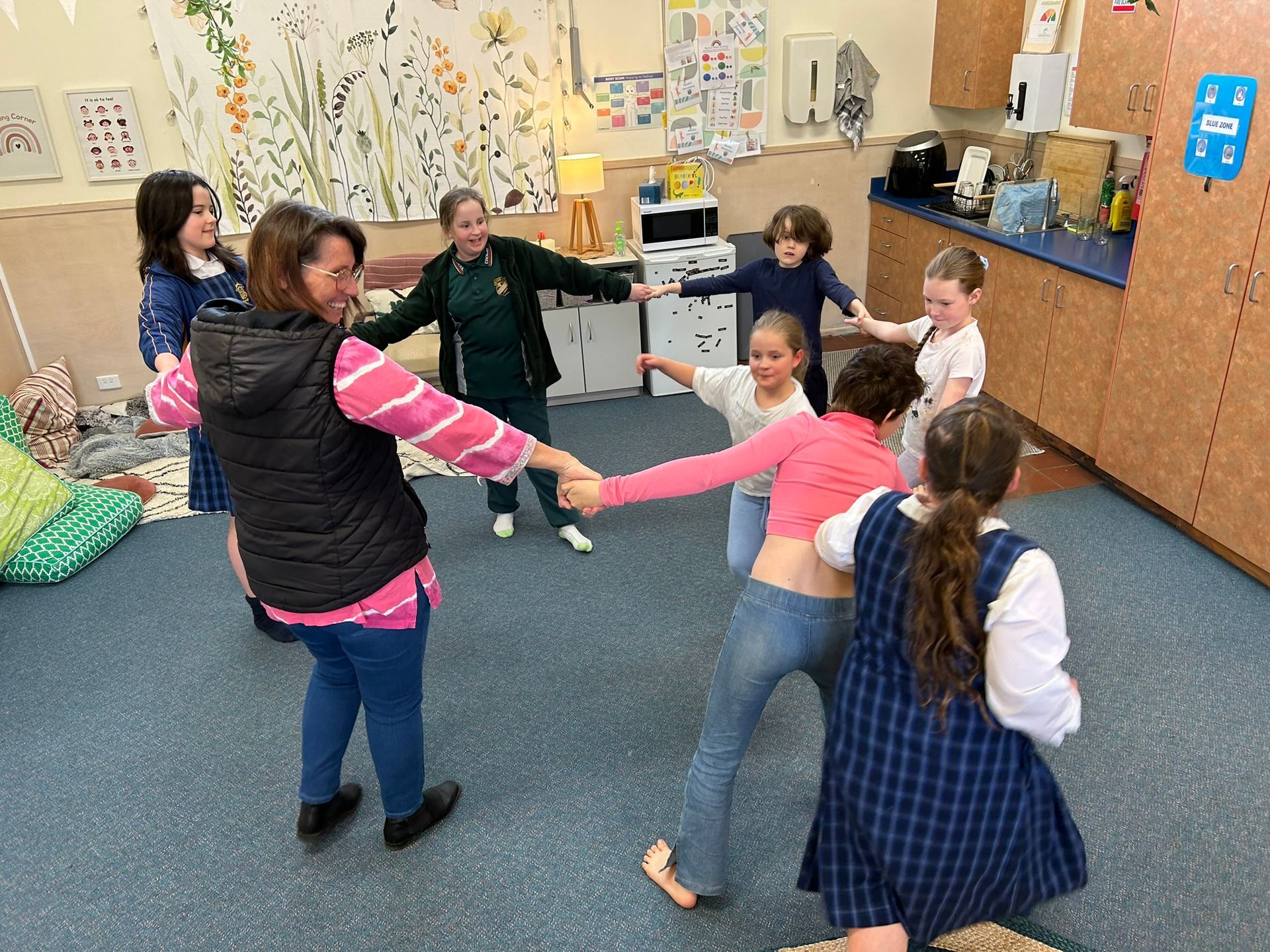Mindful Parenting
Fiona Goodall • October 27, 2023
Slow Down & Enjoy Parenting More
Let's be honest, parenting is hard. To make it even harder, the parenting 'experts', despite their best efforts, tend to leave us feeling not enough or simply overwhelmed. This article from the Child Mind Institute encourages us to use Mindfulness to make peace with our imperfections, which in turn, can help us enjoy parenting more and positively influence our children and family dynamics.
Click here to access the article.
Findings from the article in support of Mindful Parenting include:
- Mindfulness practices help parents reduce stress and anxiety through techniques like breathing exercises and guided meditations.
- Slowing down and being present in the moment improves family dynamics.
- Mindfulness is especially beneficial for parents of children with special needs like ASD and ADHD, providing better perspectives and strategies for daily routines.
- Parents' mindfulness reduces stress for children who often mirror their parents' stress levels.
- Mindfulness enhances the understanding of children's behaviour and communication within the family.
- Managing parental stress is crucial, as it is a major source of childhood and adolescent stress.
- Embracing imperfections and ending perfectionism sets a positive example for children and fosters security.
- Calm responses in stressful situations positively impact the brain, benefiting both parents and children.
- Mindful parenting allows for adaptability, with small adjustments making a significant impact, while paying full attention to children with openness and compassion proves to be effective.
If you're interested in learning more, check out our 4-week Peaceful Parents Program.

